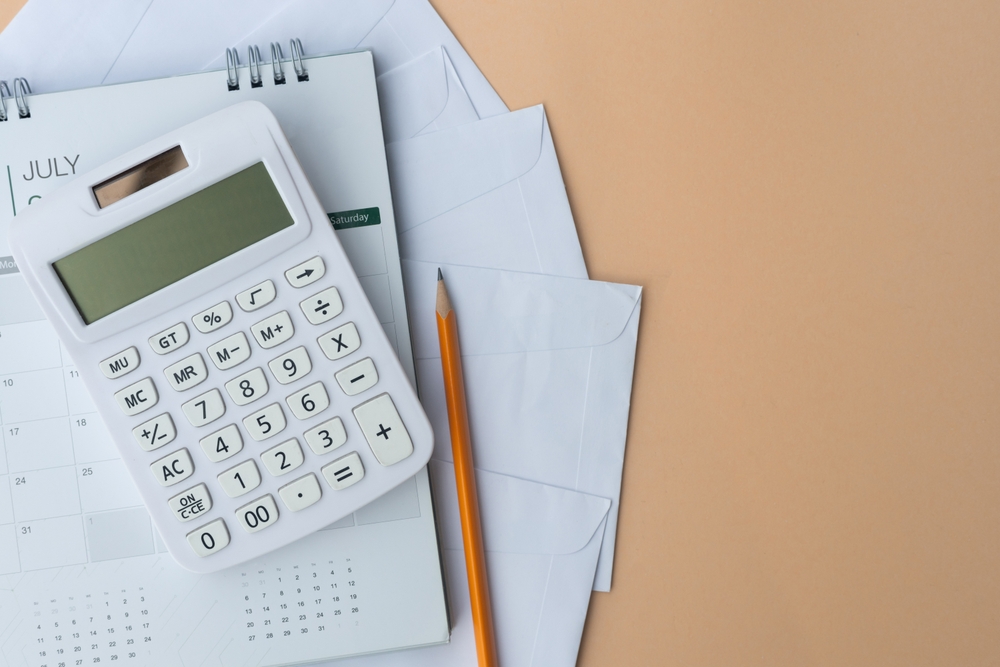Working your way through a consumer proposal is not just about clearing debt; it’s about building the foundation for a healthier financial future. So, as you wrap up your proposal, you may be wondering: What’s next? How can you keep moving forwards in the right way?
In this blog, we’ll guide you through practical steps to manage your finances during and after a consumer proposal, helping you take charge of your future with less stress and more confidence.
Key Points
- Rebuilding your credit after a consumer proposal
- Take advantage of financial counseling
- Set your goals for the future
- Use cash instead of card
- Make conscious choices about spending
- Budgeting and timely payments
- How long does it take to recover from a consumer proposal?
- Take back financial control today
1. Rebuilding your credit after a consumer proposal
After a consumer proposal, rebuilding credit is a big step toward financial stability. One of the simplest ways to do this is by creating a positive payment history. Consider starting with a secured credit card, which works like a regular credit card but is backed by a deposit. You can also build a solid relationship with your bank by exploring options like small installment loans or lines of credit. Consistently making payments on time will gradually improve your credit.
2. Take advantage of financial counseling
The financial counseling sessions that are part of your consumer proposal aren’t just a box to check off—they’re an invaluable resource. These sessions can help you rethink your approach to budgeting, spending, and managing credit. Use this time to get a fresh perspective on your finances and practical advice on forming healthier habits.
3. Set your goals for the future
Take a moment to imagine your financial future. What are you working toward—a home, a car, retirement savings, education? Write down these goals and revisit them regularly to keep yourself motivated and on track. Knowing what you’re working toward can make daily financial choices much easier to make.
4. Use cash instead of card
In a world where everything is just a swipe or tap away, using cash can be a powerful way to stay grounded in your spending. It helps you see exactly where your money is going and keeps you more mindful of your budget. Even if you just use cash for smaller, day-to-day expenses, it can make a big difference in keeping spending in check.
5. Make conscious choices about spending
Remember, you’re in control of your finances—they’re not in control of you. Take time to reflect on the difference between needs and wants and make mindful spending choices. This might sound vague and wishy-washy, but a shift in perspective like this can be more effective than any other tip on this list!
6. Budgeting and timely payments
Budgeting is the backbone of good financial management. Always make sure to get a clear picture of your income and expenses, and prioritize paying your bills on time. Staying on top of these payments strengthens your credit score and gives you peace of mind.
How long does it take to recover from a consumer proposal?
A consumer proposal usually results in an “R7” rating on your credit report for six years from the time you file or three years from completion, whichever comes first. While this record remains, you can still become financially stable—and even begin rebuilding credit—much sooner by following the steps above.
Take back financial control today
These simple steps can set you on the path to rebuilding your credit and managing your finances effectively. Keep moving forward, and if you ever feel overwhelmed, our team is here to help. Give us a call anytime to explore your debt relief options—we’re here to support you on every step of your journey back to financial health.










